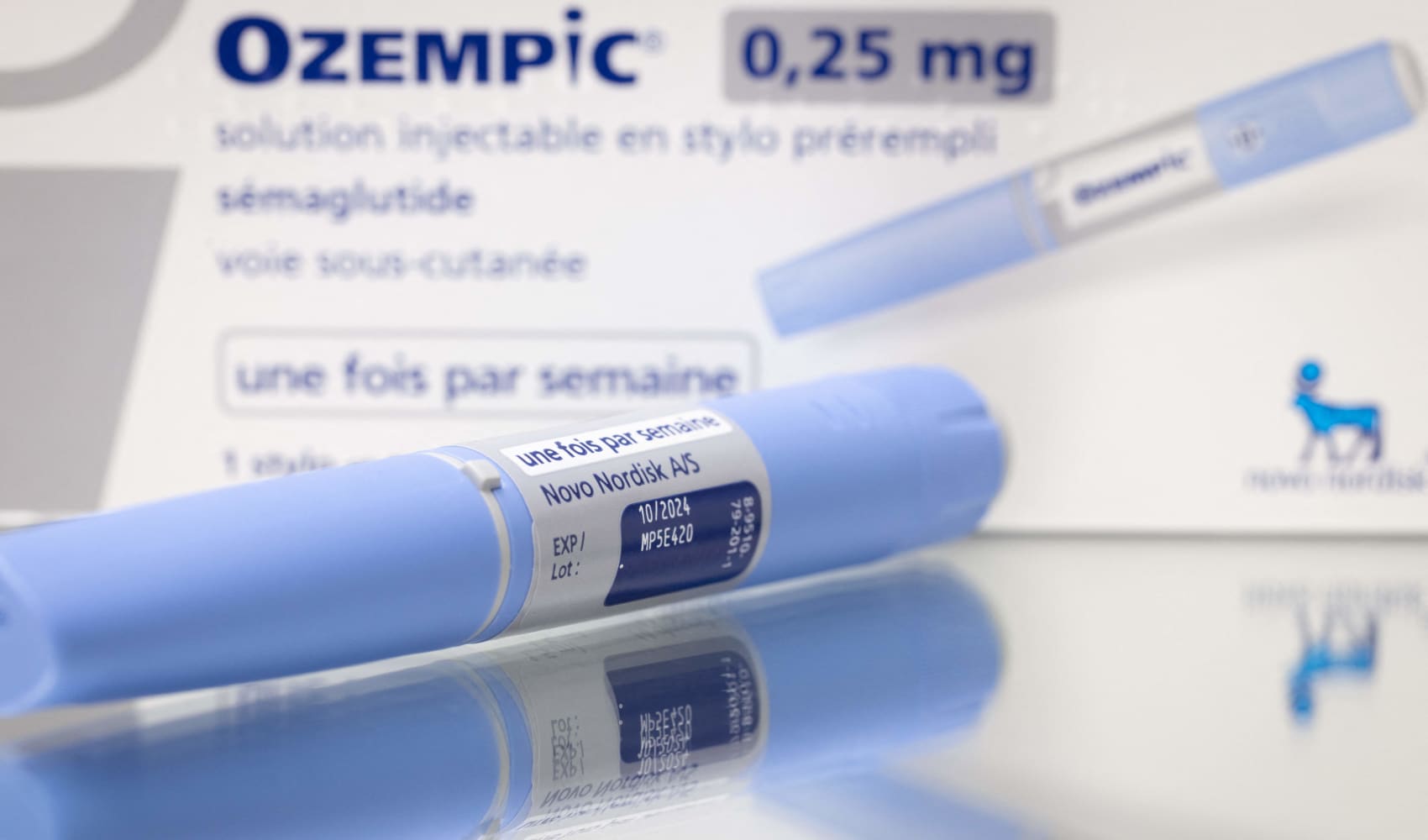(HealthCentersOnline) - There is little evidence to suggest that lowering the LDL levels of certain high-risk patients to ultra-low levels is effective at preventing cardiovascular disease, according to a recent study.
Low-density lipoproteins (LDLs), also known as "bad" cholesterol, are a type of cholesterol that contains more fat and less protein than their HDL counterparts. In the bloodstream they stick to artery walls and contribute to plaque build-up. High LDL levels are associated with an increased risk with heart attack, stroke and cardiovascular disease.
Some members of the medical community, including the U.S. federal government's National Cholesterol Education Program (NCEP), currently advise certain people at high risk of cardiovascular disease to lower their LDL levels to the ultra-low level of 70 milligrams/deciliter.
However, researchers from the VA Ann Arbor Healthcare System and the University of Michigan Health System recently completed a study that suggests there is very little evidence that ultra-low LDL levels are really necessary.
To obtain their results, the researchers reevaluated all of the studies that the NCEP used in 2004 to recommend ultra low LDL levels. Other studies were also used that looked at the relationship between LDL cholesterol and the cardiovascular outcomes of patients with LDL levels lower than 130 mg/dL. The researchers contacted over 20 experts in this field as well.
The study found that high doses of certain cholesterol-lowering drugs called statins produce the same benefit in a person who has an LDL level of 100 mg/dL as it does in a person with an LDL level of 200 mg/dL, provided the two have comparable heart attack risk. The researchers found that there is no clinical evidence to suggest that ultra-low levels of LDL cholesterol offer any added bonus.
Due to the complexity involved with reducing a person's LDL to an ultra-low level, the researchers believe it is far more effective to focus on using statins, diet modification and exercise to lower cholesterol. The added complexity of an ultra-low reduction plan can add certain other risks to the patient, as well as out-of-pocket costs.
Health
"Neither the benefit nor the long-term safety of using multiple medicines to lower LDL cholesterol has been studied to date. There is a temptation to believe that lower cholesterol is always good, but recently two treatments that improve cholesterol profiles, hormone replacement therapy and muraglitazar, were found to actually harm people. We would never have known this if we hadn't insisted on scientifically rigorous assessments of these treatments." explained lead author Dr. Rodney Hayward, director of the VA Center for Health Services Research and Development.
The results of the report were published in the October issue of the Annals of Internal Medicine.
Copyright 2000-2006 HealthCentersOnline, Inc.



